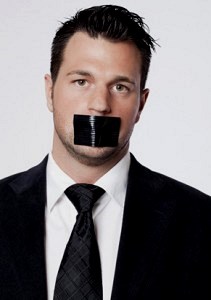 There is a strict rule in equity to prevent a trustee from making a profit out of trust property, that it is prohibited for an executor who is selling trust property, to ever purchase the property personally or in the name of another. Any such transaction will be set aside and the executor made liable to account for any profits made in the transaction. It is not necessary to show that the trustee gained some advantage, however fair the transaction may be, it nevertheless should be set aside.
There is a strict rule in equity to prevent a trustee from making a profit out of trust property, that it is prohibited for an executor who is selling trust property, to ever purchase the property personally or in the name of another. Any such transaction will be set aside and the executor made liable to account for any profits made in the transaction. It is not necessary to show that the trustee gained some advantage, however fair the transaction may be, it nevertheless should be set aside.The only way that an executor or trustee may acquire valid title to an estate asset is with approval of the court, upon complete disclosure of the facts and valuations. The court will typically also require the consents of all beneficiaries. Any sale of estate assets that is not in the best interests of the estate, will be set aside, even if all of the beneficiaries have agreed to it.
In Ouellet v. Pelletier (1984) 58 NBR ( 2d) 273 a father died intestate in 1962 . The Court appointed his widow as administratrix and his children’s guardian . The Court conferred on the widow a discretionary power to sell the property and hold the proceeds in trust for the children. The widow instead conveyed the children’s interest in the property to herself . The children applied for a declaration of entitlement to the property and the application was allowed.
The widow was found to have violated the common law principles regarding purchase of trust property by a trustee . In order to do so, the Consent of the guardian to the sale of trust property was required. The widow being both administratrix and guardian of the children required Court approval before purchasing the property held in trust. The authorization to sell granted to the widow did not satisfy all of the conditions necessary for the granting of court approval . The widow continued to hold the interest in their father’s property in trust for the children.




